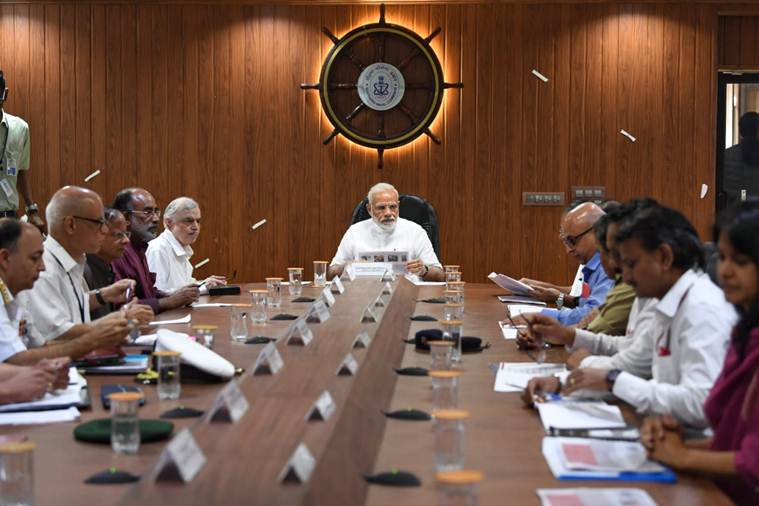The Narendra Modi government has been praised for maintaining fiscal discipline in last four years but now with worsening fiscal health, macroeconomic imbalances are again posing a concern ahead of 2019 elections, says a report. Given the twin deficit — fiscal and current account — in emerging economies, India faces heightened financial market volatility, which makes important for the government to ensure fiscal discipline.
“While the Monetary Policy Committee (MPC) has already tightened the policy rate by 50bps in this cycle, the ball is now in the government’s court to ensure fiscal discipline is maintained in a pre-election year,” UBS said in a report. With lower-than-expected GST collections, worsening states’ fiscal health, and populist measures ahead of polls are “keeping markets on tenterhooks” regarding possible fiscal slippage.
The Reserve Bank of India (RBI) hiked repo rate twice in June and August by 25 basis points each citing upward risk to inflation and oil prices. The central bank kept its stance neutral, which means that the decision in the future will be based on incoming data. Analysts expect at least one more rate hike before 2019 polls.
“There is a risk of the central government breaching its fiscal deficit target of 3.3% of GDP by at least 20bps in FY19 unless it adjusts expenditure or non-GST revenue collection is higher than budgeted,” the report added.
Moreover, the gain the government got due to low crude oil prices for two-and-a-half years, is also likely to be erased by the end of the financial year. “Our estimates indicate that the incremental gain for the central government from the oil sector alone was +0.8% of GDP in FY16, which provided a bounty to the government towards reducing its fiscal deficit. That said, we believe most of the incremental gains from lower oil prices have already been accrued and indeed are now reversing,” UBS said.


